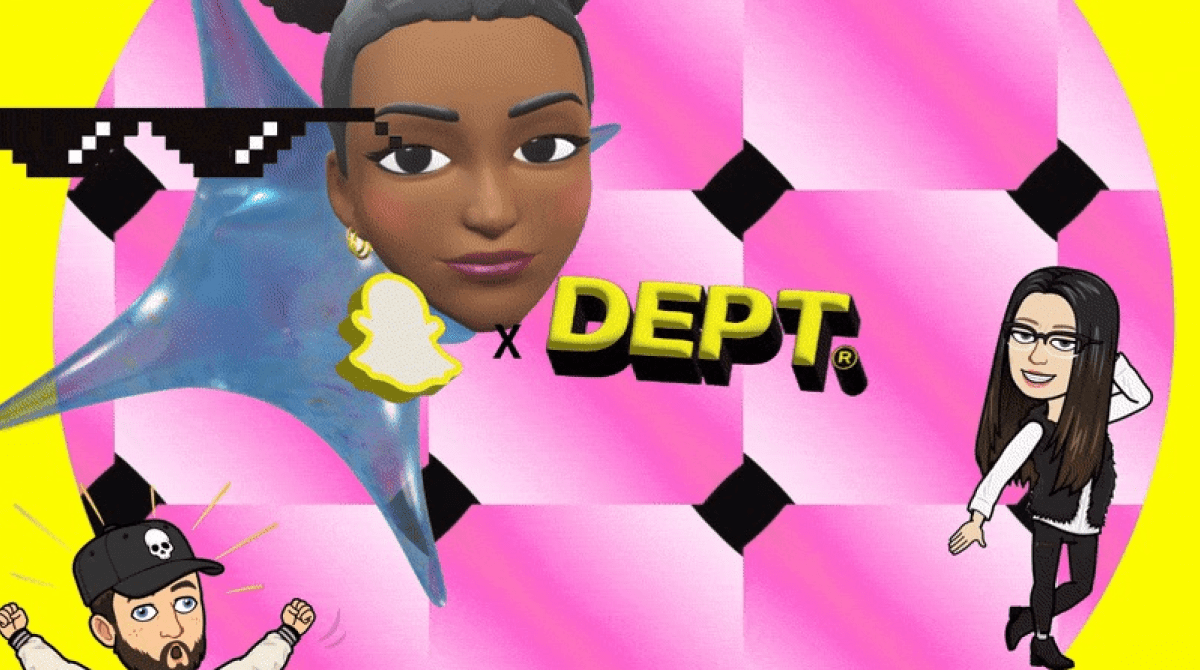Is our impatience hindering our progress?
The internet is a vast chasm, brimming with information on absolutely every conceivable topic, from the random to the life affirming, the dangerous to the planet-saving. It’s daunting how much information is at our fingertips.
For marketers, this poses both opportunities and challenges. The data garnered from the tens of millions of daily explorations around the web, teamed with its possible applications, offers levels of targeted and personalised marketing never before seen and, yet, so few know what the hell to do with it.
Seeking answers
Some marketers may have been seeking clarity on where to focus their time, budget and energy at the Web Summit in Lisbon. What new-spangled-technology is about to drop that will enable us to send our ROI sky-rocketing (whilst giving our customers an experience so amazing, they’ll be dreaming about it for the rest of their lives)? Inspire me! Help me! Blow my freaking mind!
However, the Web Summit is very much like the internet; the sheer size of it is overwhelming. From the latest start-up social apps, to BMW’s new i8 car and everything in between, finding the golden nuggets of inspiration is a challenge in itself. When so much is available in one place, you find yourself a bit lost. How many of you have started searching for something online and fallen through a wormhole of information, only to find yourself wasting five hours watching videos of baby goats? Well, the Web Summit equivalent was standing staring at EDP’s actual elevator stand for most of the day:
Are we in a trough of disillusionment?
Much like the internet, in situations such as these it’s important to define exactly what it is you’re after (and to move on quickly when you don’t find it). Admittedly, I’m hard to impress. And very impatient. But aren’t we all a bit like that nowadays? Hasn’t the web bred a high expectation of on-demand knowledge? If we’re not inspired within the first couple of minutes, we move on. And this isn’t just limited to online experiences. I believe that this digitally-spawned, impatient behaviour is impacting many areas of our lives, and is driving our expectations of technology innovation.
It feels like we’re currently at a peak. But the problem is that we refuse to wait for early-stage technology to catch-up with our impatient expectation, and simply demand more and more. Gimmee AI that will run my company and earn me a gazillion dollars! Gimmee mind-reading glasses to help my predictive marketing! Gimmee robots with an actual beating human heart!
You could argue that this drives us forward, but it also has its pitfalls. Gartner’s Hype Cycle (below) from last year reflects this thought. Fast forward to 2018, and I think a fair few of these emerging technologies have probably sunk into the ‘trough of disillusionment’, and none will have made the ‘plateau of productivity’ yet. We’re in a hinterland between ‘that’s a really cool idea’ and ‘this is a really cool thing that I use every day’.
My advice? Use what we already have
So, what’s the answer? My advice is to focus on what we know already and implement it properly. Us marketers have been banging on about personalisation for at least four years, and we’re still not fully maximising its potential, despite the technology being available. Many marketing strategies fall down because they don’t integrate properly – multi-channel, actually becomes multi-silo. We don’t use data properly, or we don’t invest in the right skills, or we don’t know what the hell to track or how to tack it. Maybe if we calmed the jets for a brief hiatus, we’d have solved the attribution challenge once and for all. Omni-channel would be omni-present.
AI: Innovation worth being patient for
Gartner reports that 85% of enterprises will be using AI by 2020, but only 25% have started their AI initiatives. The technology is ready…but are we? My opinion, is that artificial Intelligence is one technological innovation that is definitely heading towards the ‘Plateau of Productivity’ and should be fully embraced. Its potential applications fulfill both the impatient demands of marketers and consumers alike.
Artificial Intelligence has the potential to transform industries, boost productivity, increase agility, improve customer engagement and jump-start product innovation. Leaders such as Microsoft, are ahead of the pack in making AI accessible and, most importantly, usable for organisations.
With Azure Cognitive Services, Microsoft has created pre-built AI Services that any developer can use, driving innovation in speech, text, vision and translation. These innovations can be infused into existing applications, or be the foundation of brand new cognitive services. This has the power to revolutionise the way we engage both internally with employees and externally with consumers, through truly personalised communication.
AI also has the power to invent and re-define complex business scenarios. For example, Steward Health Care, the largest private hospital operator in the USA, has leveraged Microsoft’s AI to predict with 98% accuracy the length of patient stays, resulting in an improved patient experience and savings of $48million per year.
Ultimately, AI has the ability to empower people to positively transform society, from aiding disaster relief, to water conservation, climate conservation and much more.
AI is one innovation at that we should be impatient for; the applications are limitless and, when developed ethically, could transform the way we live and work.
More Insights?
View all InsightsQuestions?
VP of Marketing, EMEA



